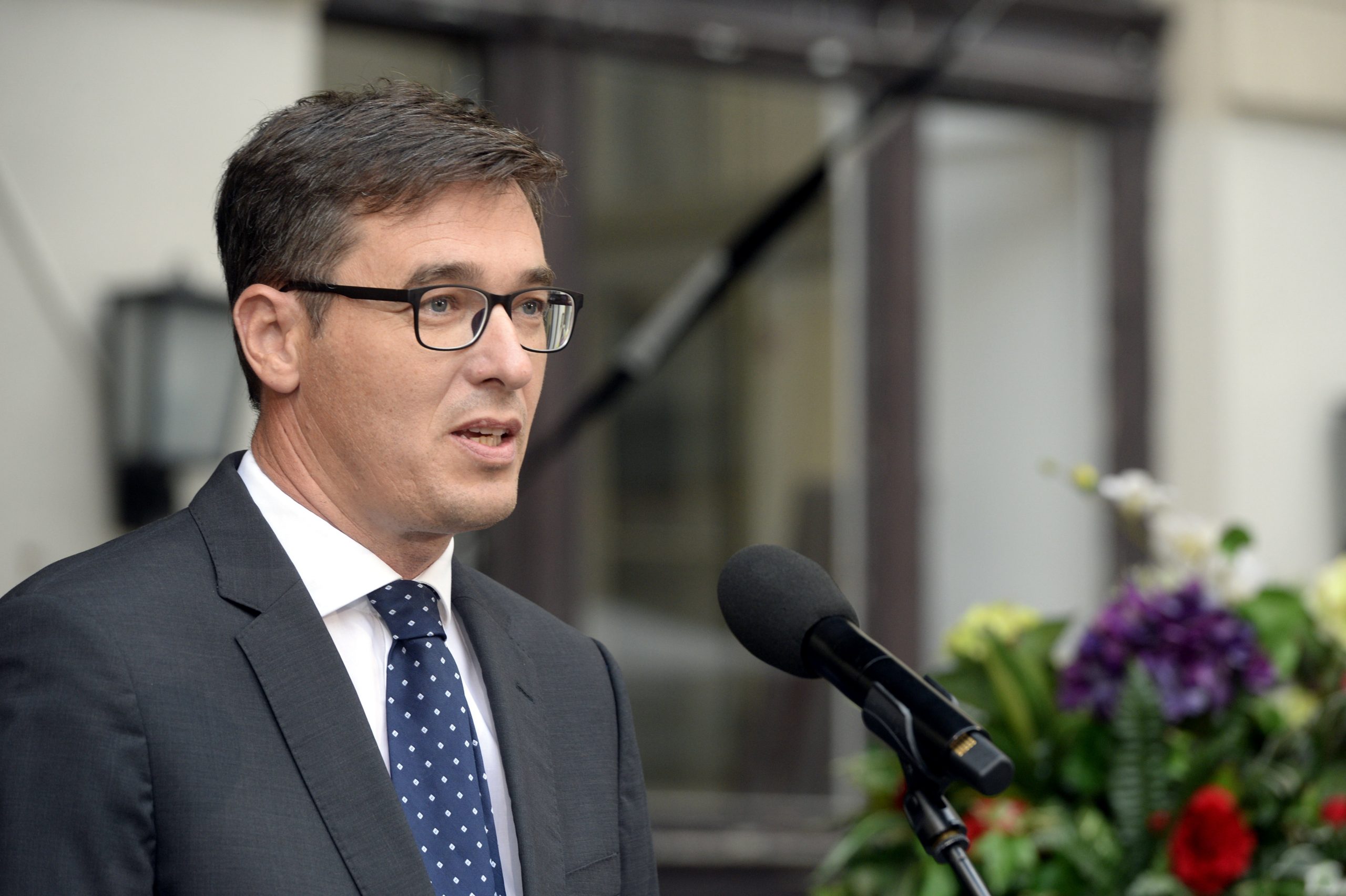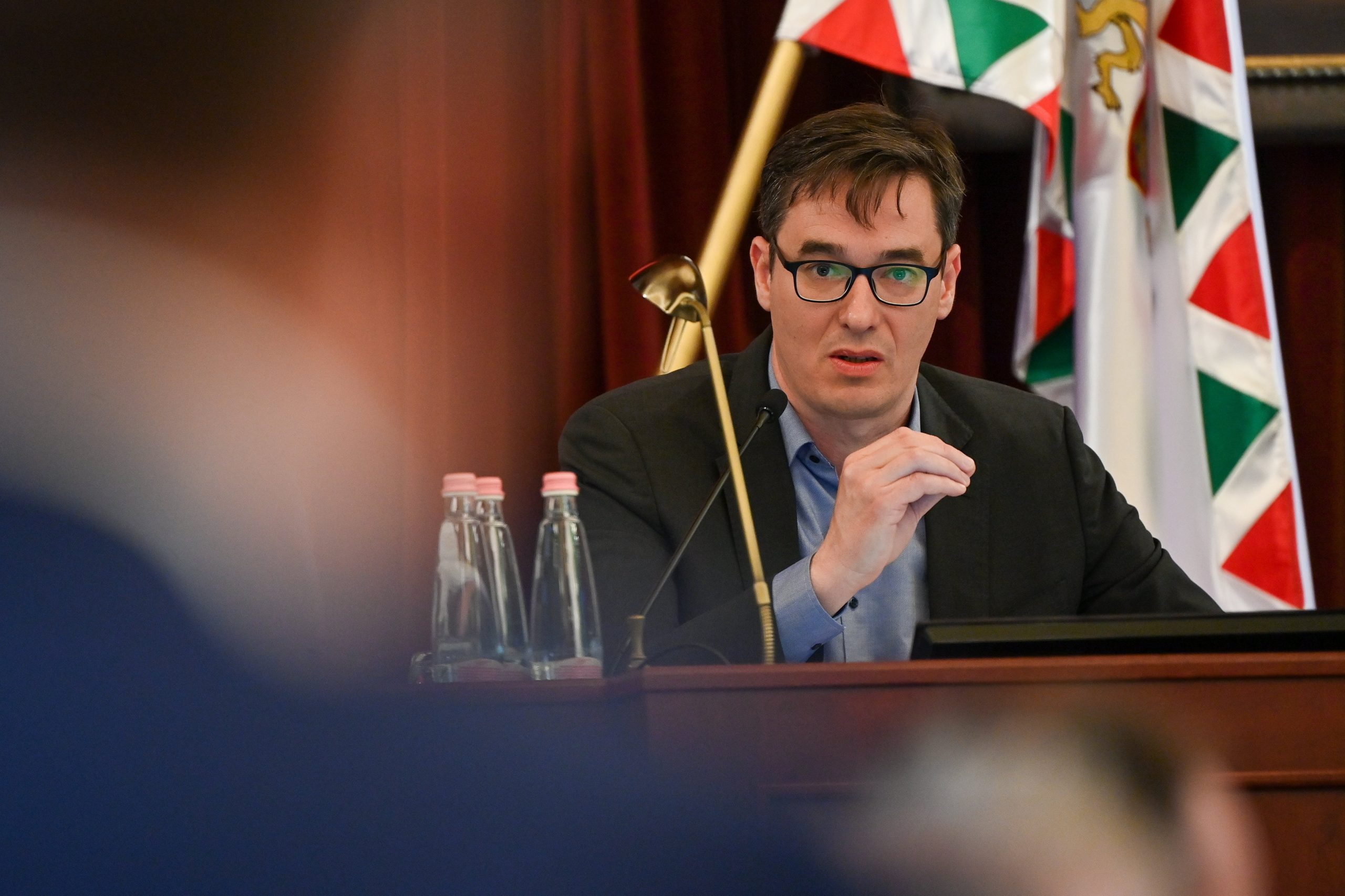
PM Orbán said that the recent two-thirds parliamentary majority acquired by Fidesz had decided that the developments of Városliget would be implemented as originally planned.Continue reading

Budapest’s budget would need a HUF 30 billion (EUR 79.6 million) loan for operations, the Budapest mayor announced, asking the central government to supplement the capital’s budget. Gergely Karácsony expects the next two years to be “extremely difficult,” and wants the government to compensate for halving business tax revenues.
“Reorganizing our budget is an urgent task because we made it clear at the time that we could only make calculations until the middle of this year, and we also need to initiate 30 billion forints of an operational loan, necessary for the capital to survive this year,” Mayor Gergely Karácsony said to Telex, doubting the government’s goodwill in supporting the loan.
And this HUF 30 billion is not something exceptionally much as “The explosion of energy prices alone involved some HUF 14 billion of extra expenses for [public transport company] BKV,” he argued.
Besides the usual hardships caused by the pandemic, several of the government’s austerity measures also hit the capital during the coronavirus crisis (leading the opposition leadership to often suggest that the central government’s aim is to bleed out Budapest). For example:
Local Fidesz claimed that Karácsony had put all his hopes on a change of government, and did not try to save money with the hope that the next, opposition government would help them out. According to deputy mayor Gábor Bagdy (Fidesz), the budget of the capital is formally in line with the law, but it is a disaster politically, as they planned to raise at least HUF 50 billion (EUR ) in revenue that was completely unfounded: they wanted to take a loan of HUF 30 billion, and they were expecting another HUF 20 billion subsidy from the new government in case, according to their hopes, the opposition won, to bail Budapest out.
But local governments, independent of political affiliations, are in a difficult situation these days, several Fidesz mayors also appeared to confirm lately. Székesfehérvár’s Fidesz mayor András Cser-Palkovics, for example, said that “the local government system is already under-funded.”
Anyhow, at the Budapest municipal assembly on Wednesday, Karácsony said the municipal council’s budget had been cut by close to HUF 200 billion (EUR 530 million) over the last two and a half years. He said the remaining two and a half years of his term would be “extremely difficult” even if the city council succeeds in establishing a new kind of partnership with the government.
Featured photo: Budapest Mayor Gergely Karácsony. Photo by Tibor Illyés/MTI